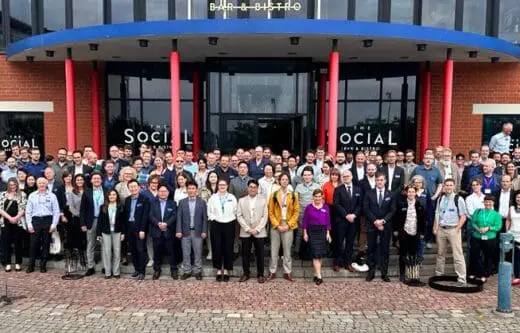Innovative Solutions and Global Collaboration: Highlights from the 3rd GloFouling R&D Forum in Busan
It’s been one week since the biofouling banishing community gathered in Busan, South Korea, for the 3rd GloFouling R&D Forum. This year’s forum was the ultimate antifouling smörgåsbord of representatives from coating manufacturers, biocide suppliers, hull cleaning tech providers, academia, and policy makers – both regional and international.
The International Maritime Organization (IMO) is the driving force behind this forum. Through its GloFouling programme, the IMO brings together this annual melting pot of brilliant minds for impassioned discussions and education around the role of biofouling management in meeting the IMO 2023 GHG Strategy, and the overarching responsibility of the shipping industry to limit its impact on marine environments.
Before we dive into this blog to share insights into this intense week of discussions and inspiration around biofouling, no trip to South Korea can pass us by without the mention of the fascinating cultural exchanges, the tasting of food that might, or might not be, still alive on the plate, the belting out of karaoke tunes or huddling around the sizzling flames of a Korean BBQ.
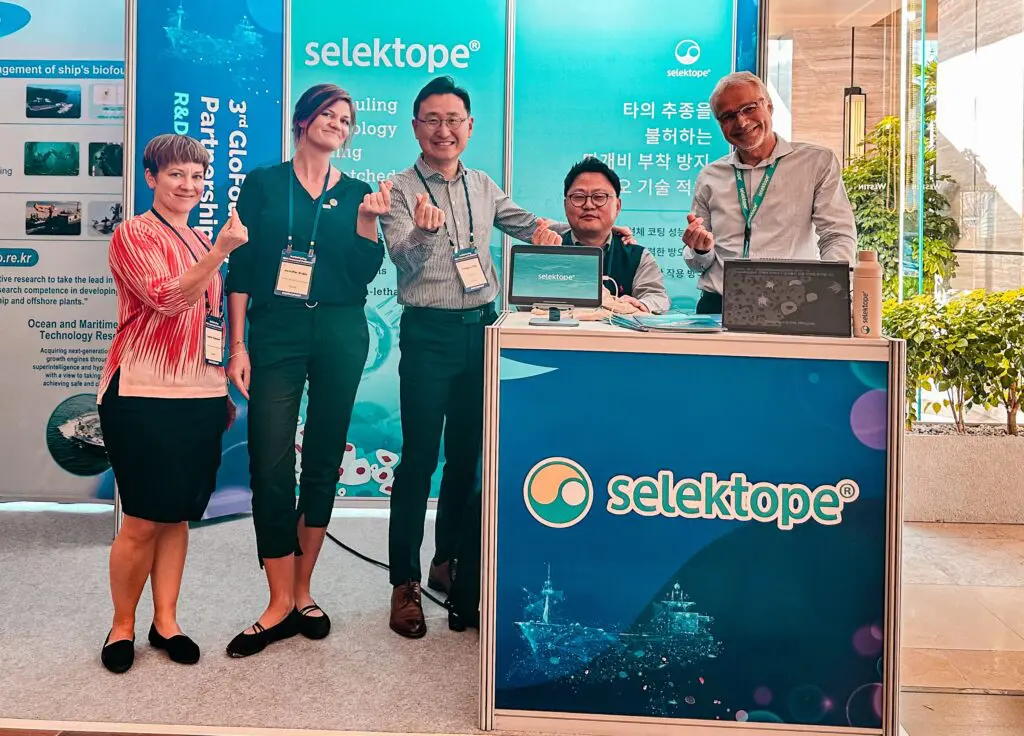
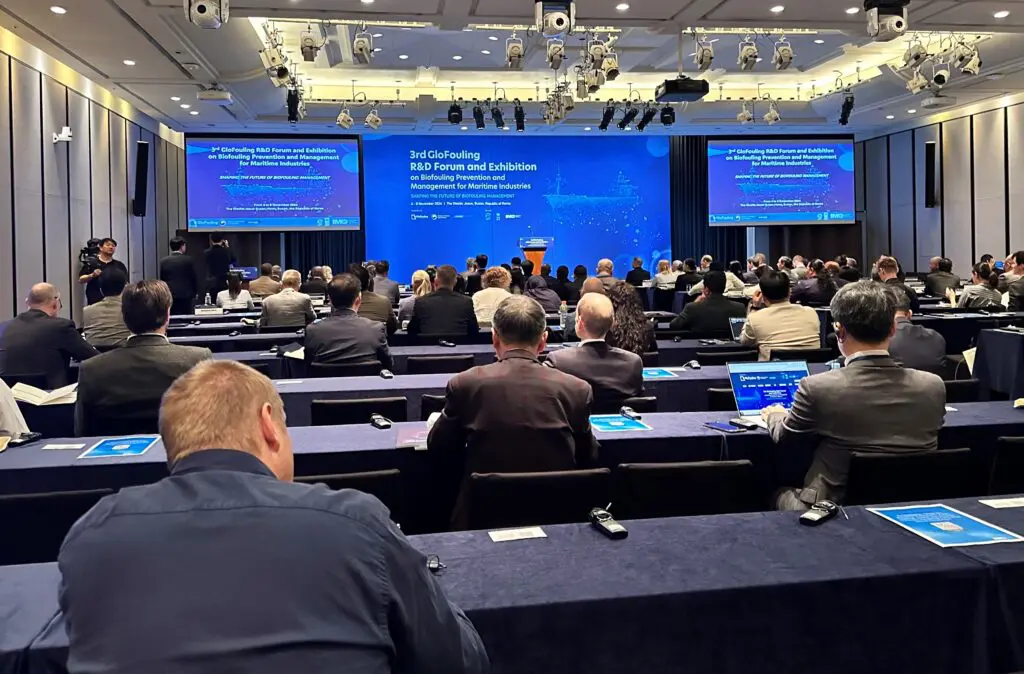
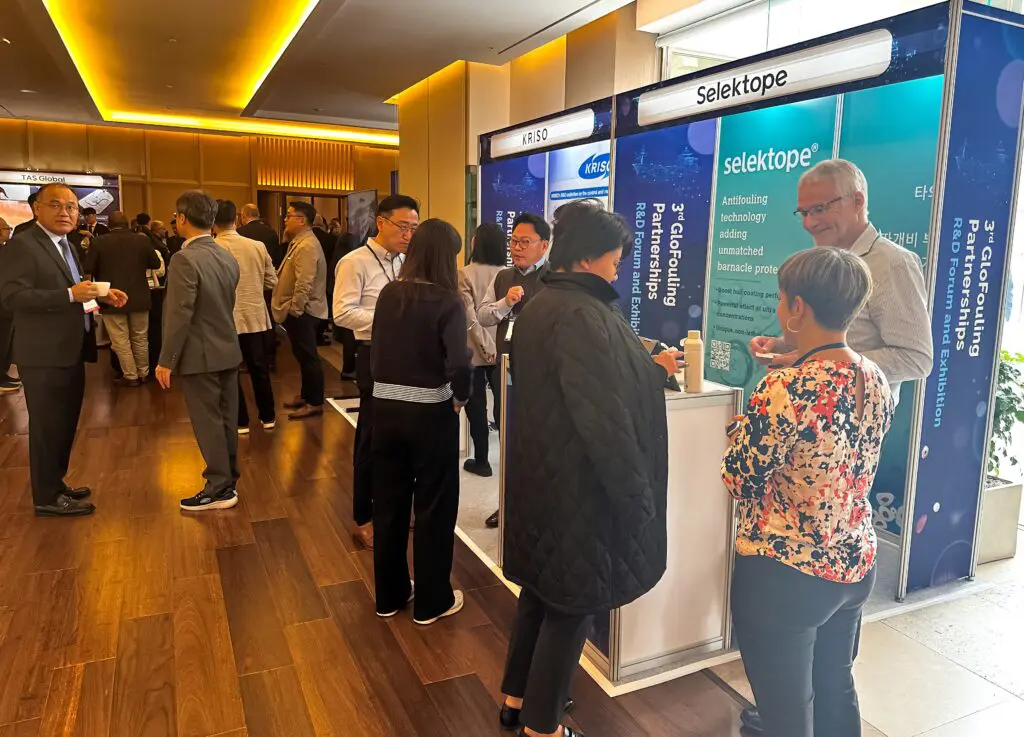
First and foremost, this forum was a vivid reminder of an often-overlooked truth: the shipping industry is inherently global, as is the nature of biofouling and the army of people working to mitigate its negative effects. No issue can be tackled in isolation — it requires the strength of worldwide collaboration and the sharing of knowledge.
Discussions at the forum were, unsurprisingly centred around the issue of biofouling, just in case you are new to our Insights blog where we talk about biofouling a lot, biofouling is where marine organisms like barnacles and algae attach themselves to ship hulls and other underwater surfaces. This might sound like a minor issue, but it has massive implications for marine ecosystems and the shipping industry. Biofouling can lead to increased fuel consumption, higher greenhouse gas emissions, and the spread of invasive aquatic species, which can wreak havoc on local marine life.
Here are our three key takeaways from the forum:
- The role of antifouling coatings is critical
A key message was that antifouling coatings are still the first line of defence in preventing biofouling accumulation on ships. These coatings are designed to keep ship hulls clean and free from unwanted marine hitchhikers when a ship is in operation. By doing so, they help both to reduce fuel consumption and emissions but also to protect marine ecosystems by preventing the spread of invasive species, making shipping more sustainable.
- Hull cleaning is essential for many vessels, but it must be done in a controlled way
The challenges and need for in-water hull cleaning practices; cleaning approaches, cleaning regulations, and cleaning-coating compatibility were key themes discussed.
It was recognised that in-water cleaning is needed to remove, and in some cases prevent biofouling from ship hulls. It was also discussed that updated standards and guidelines (such as the industry standard produced by Bimco) for in-water hull cleaning practices are essential to ensure that cleaning is conducted in a controlled manner, preventing damage to antifouling coatings and avoiding the release of invasive aquatic species (IAS) and harmful organisms into new environments, which can disrupt local marine ecosystems.
- Collaboration and innovation is key
The forum presentations and discussions highlighted the importance of collaboration and innovation in tackling biofouling. By bringing together experts, industry leaders, and policymakers, the forum facilitated the exchange of best practices and advancements in biofouling management technologies. This meeting of minds sparks collaborative environments and relationships, which are key to the biofouling management sector.
Gathering in South Korea
South Korea’s advanced shipbuilding infrastructure and commitment to sustainable practices made it an ideal location for this event, and it is always a welcomed trip for our team to visit the country that is Selektope’s second biggest market.
Hosting the Glofouling community in South Korea brought numerous benefits, given the country’s prominent position in the global shipbuilding industry. This was evident during our visit to Samsung Heavy Industries, where we toured their state-of-the-art showroom and the shipyard to learn about the shipbuilding process, initiatives towards decarbonization and efficient vessels, as well as research and development projects for future advancements.
For us, South Korea is a second home to our antifouling technology, Selektope, which has become a key component in many coatings used by South Korean shipyards. Selektope’s unique bio-repellent mode of action ensures that ship hulls remain free from barnacles, even during extended outfitting periods, which is a significant challenge for shipyards in the region. The low concentration required for Selektope to be effective makes it an ideal solution to meet stringent biocide regulations in Korea, further solidifying its importance in the market.
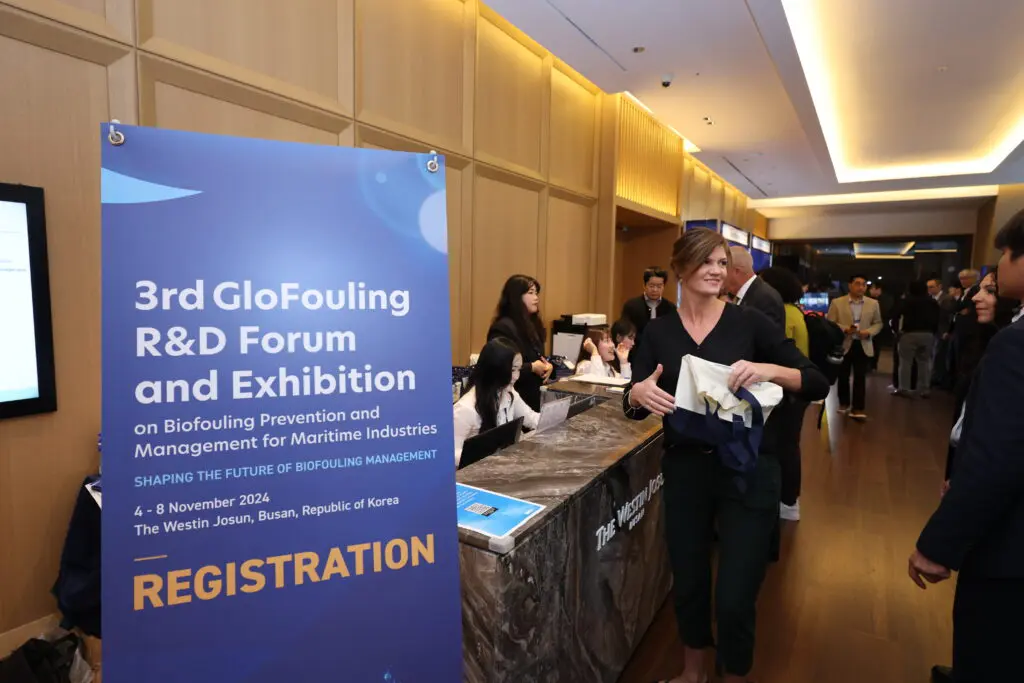
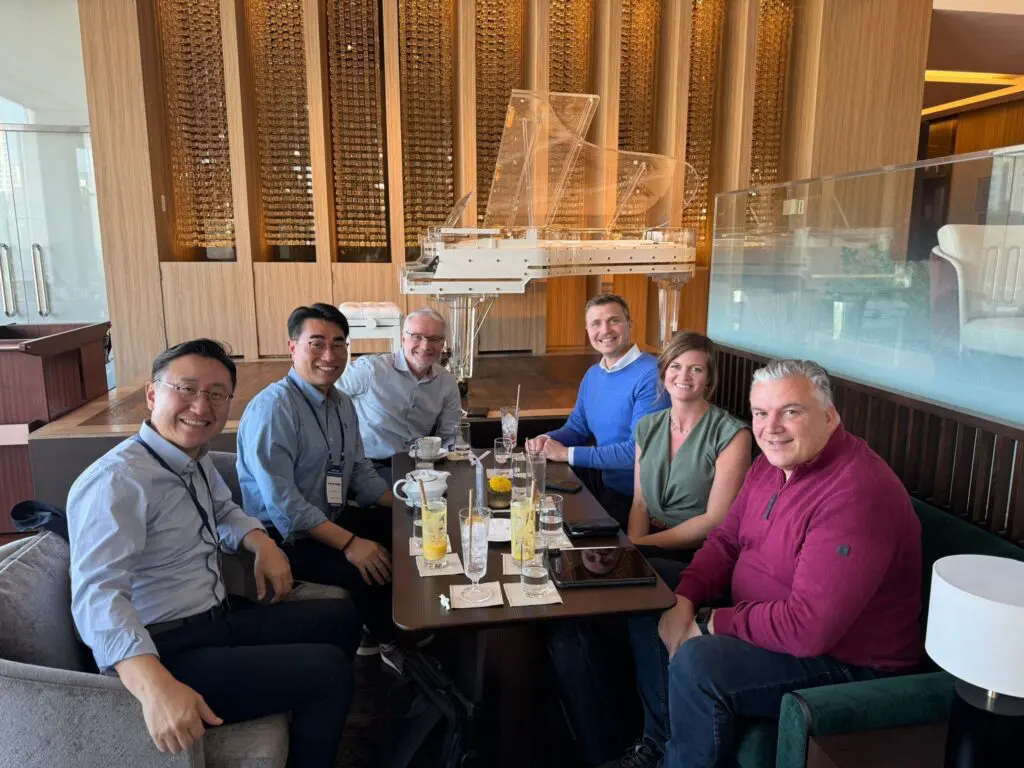
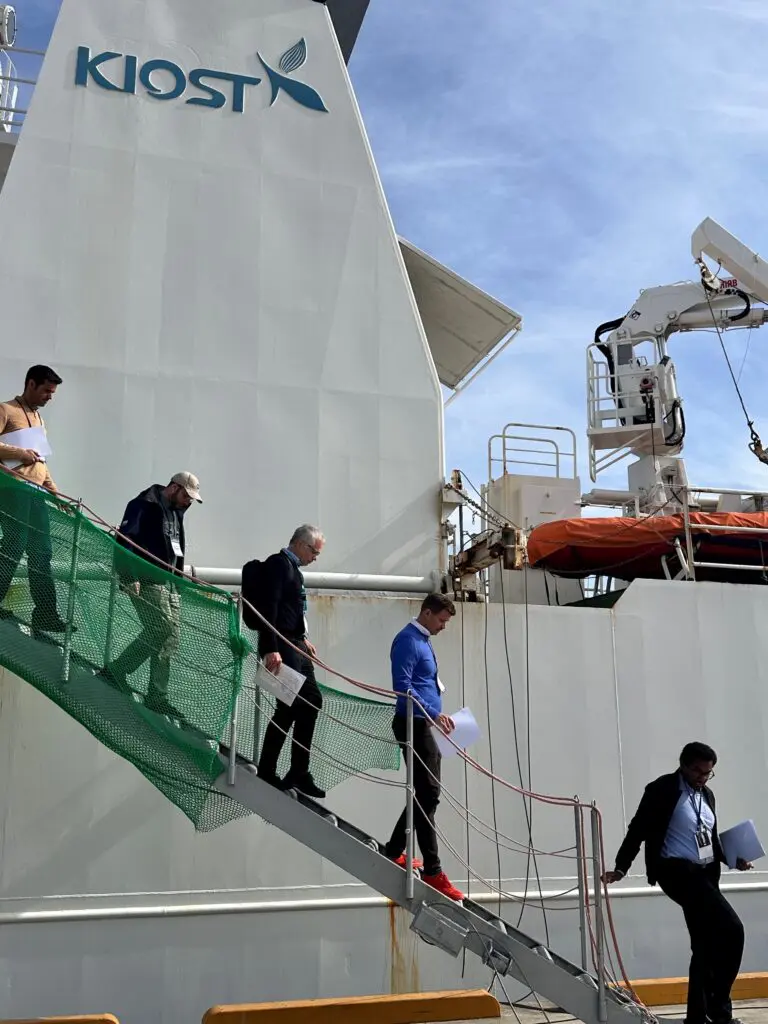
Overall, the 3rd GloFouling R&D Forum was a huge success. It provided an invaluable platform to showcase our innovative antifouling solution and to engage with global leaders in the shipping industry. The forum not only highlighted the critical role of collaboration in addressing biofouling challenges but also reinforced our commitment to sustainable practices and technological advancements. Being part of such a significant gathering reaffirmed Selektope’s position as a key technology that supports biofouling management in the shipping industry and inspired us to continue pushing the boundaries of what’s possible in marine coatings.
Until next time GloFouling Forum, and in the meantime, to the marine antifouling sector with whom we enjoyed fruitful discussions, karaoke and interesting culinary experiences, let’s keep working together to secure a cleaner, greener future for the marine indusry and the oceans.
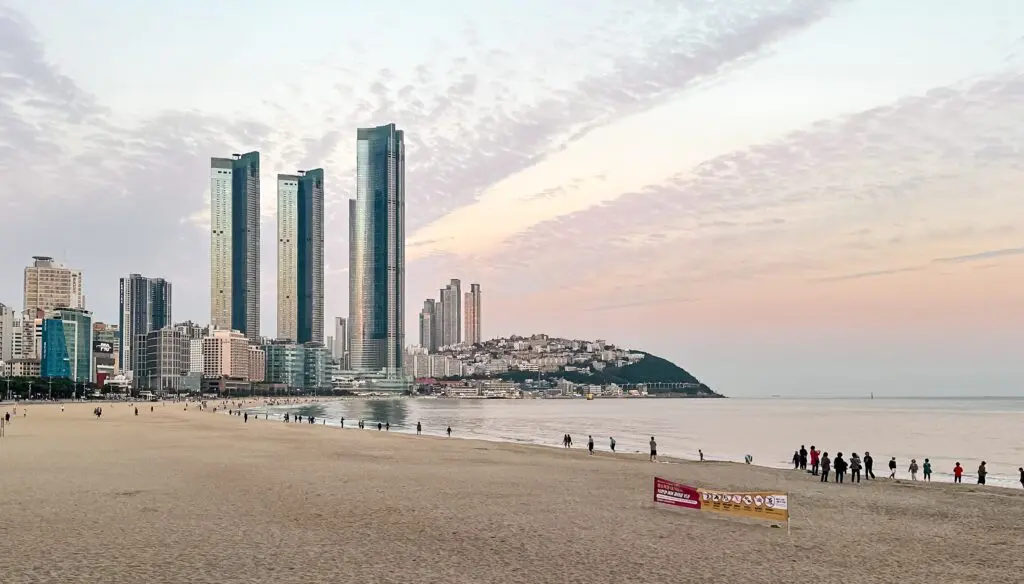

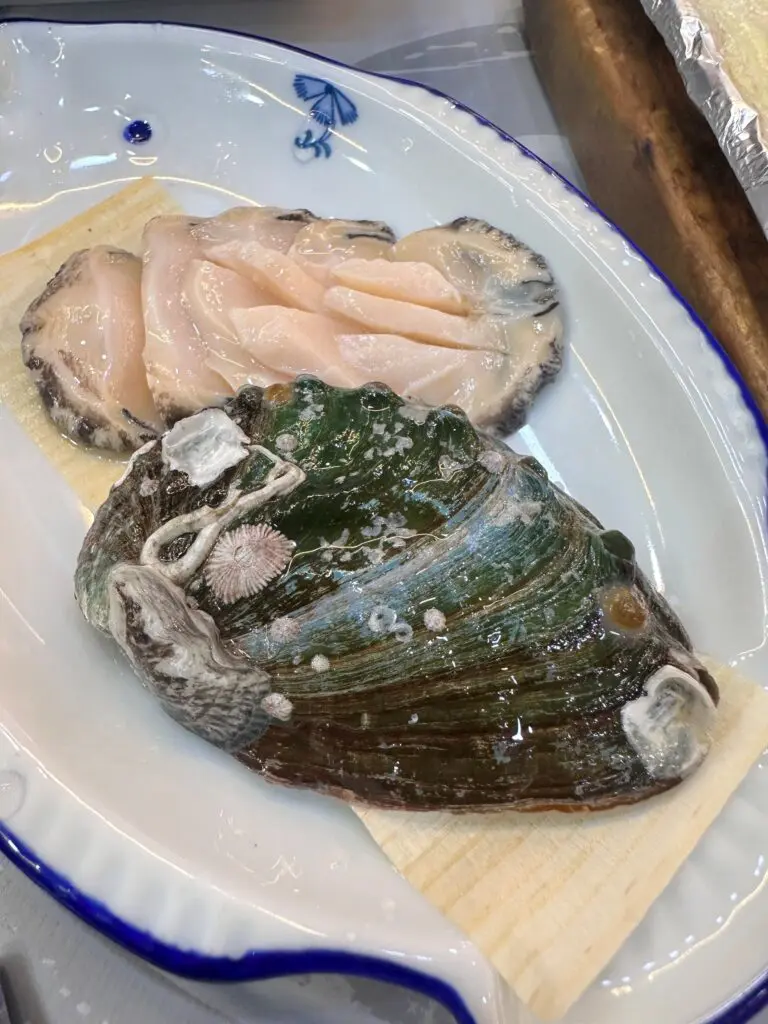
And that’s a wrap for another year (until the International Antifouling Conference in Sept. 2025)
Related articles
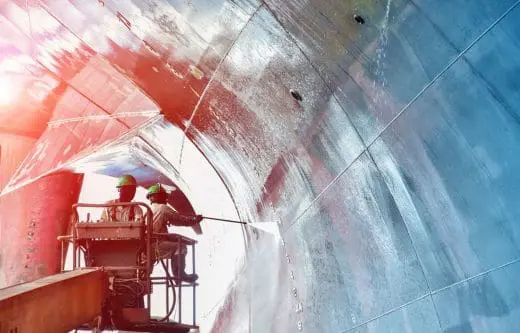
Take aways from IMarEST Biosecurity Symposium 2024
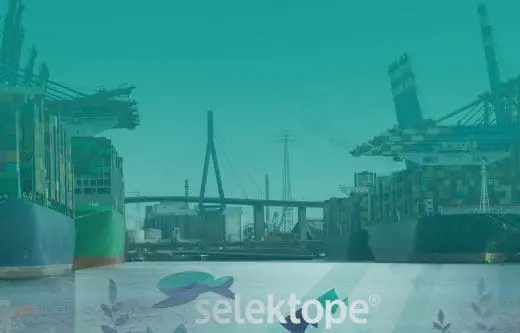
Navigating innovation for smooth sailing: A recap of SMM 2024
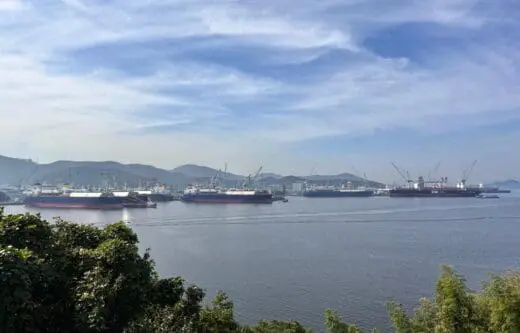
Biofouling: reflections from Kormarine 2023
